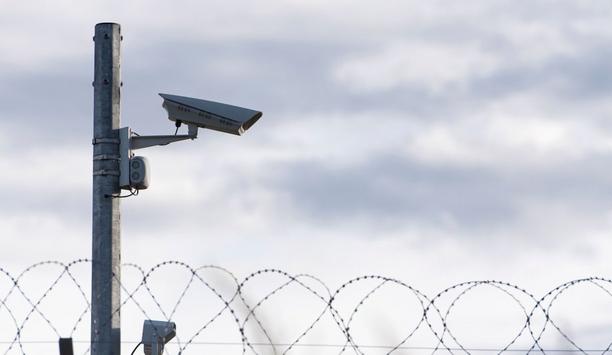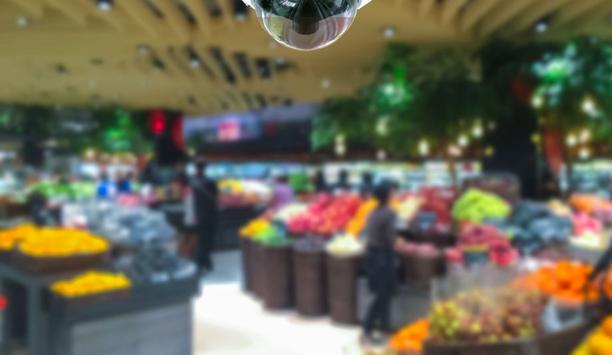In the hospitality business, most invest only in the first security level - the passive security systems which are required by law. Very few invest voluntarily in extra security precautions and processes (those processes which perhaps see security in its wider context to also include fire safety). Although international hotel operators usually have higher standards than those prescribed by law for their passive security systems (including standards for CCTV, intrusion detection and higher-level security processes), unfortunately investors or owners of a hotel property often ignore these chain-specific security standards for cost reasons and provide budgets that cover only the minimum required by law. For hotel operators, this attitude is particularly dangerous, since a worst case scenario is a threat to the lives of guests and employees, while even less serious incidents such as theft can significantly damage a hotel operator's brand name. Given that the only asset owned by many hotel operators today is their brand - and no real estate - this scenario is particularly risky.
Too basic
The approach to security inevitably varies from country to country, with the Middle East particularly focused on the more robust and higher levels of security, effectively providing the benchmark.
However, the reality in many hotels is simply CCTV cameras in the lobby or other public areas and coded cards for elevators and rooms. At best, larger properties - usually international hotels with many VIP guests - set up a type of security centre, which often looks like a concierge's room with three screens. This is used to monitor underground garages and delivery docks and to collect reports about fire alarms or even false attempts to use coded room cards.
However, most hotel chains and investors have little interest in anything more. Highly intelligent security systems that give staff electronic instructions and control all relevant building automation systems in an emergency, such as turning off the air conditioning systems, opening fire doors, opening smoke extraction vents for smoke-free stairwells, activating emergency lighting, activating CCTV systems for locating the sources of danger, individual and logged evacuation announcements, detailed information for rescue services on action already taken etc., are rejected for cost reasons - even in VIP hotels.
Highly sophisticated danger management systems are widely used today, particularly at airports, and it is this integrated approach to security that hotels could really learn from, also offering the opportunity to accommodate fire safety related actions, as demonstrated above.
Siemens Building Technologies was employed, providing a wide range of products and solutions |
Siemens solution for luxury Moroccan Resort
An example of how an integrated approach to safety and security can bring significant benefits is the Mazagan Resort, home to one of the world's finest luxury hotels and the biggest entertainment resort in North Africa. Situated on Morocco's Atlantic coast at El Jadida, the Mazagan Resort is situated in 250 hectares of undeveloped land with a new 5-star luxury hotel that opened in October 2009. With 500 guest rooms and suites, four specialty restaurants and numerous bars and lounges, fire safety and security was an important part of the 22 month international construction project. Siemens Building Technologies was employed as the electrical sub-contractor, providing a wide range of products and solutions, from low-voltage power distribution and electrical installation technology through to building automation and fire safety and security.
As a large building on a vast campus, the Mazagan Resort required networking of the safety and security installations through 100 racks and cabinets, 300km of cable for a 10 Gb network, 16km of fibre-optic cable and 6,000 data points. The intelligent communication between the safety and security systems, as well as the HVAC systems, is critical to guaranteeing real overall safety and security. The security personnel on the site can centrally manage all connected sub-systems in one place through the building management system. This approach, coupled with the resort's attentive employees, splendid Moroccan architecture and attention to detail in the interior design, ensures a friendly and relaxing atmosphere for guests.












